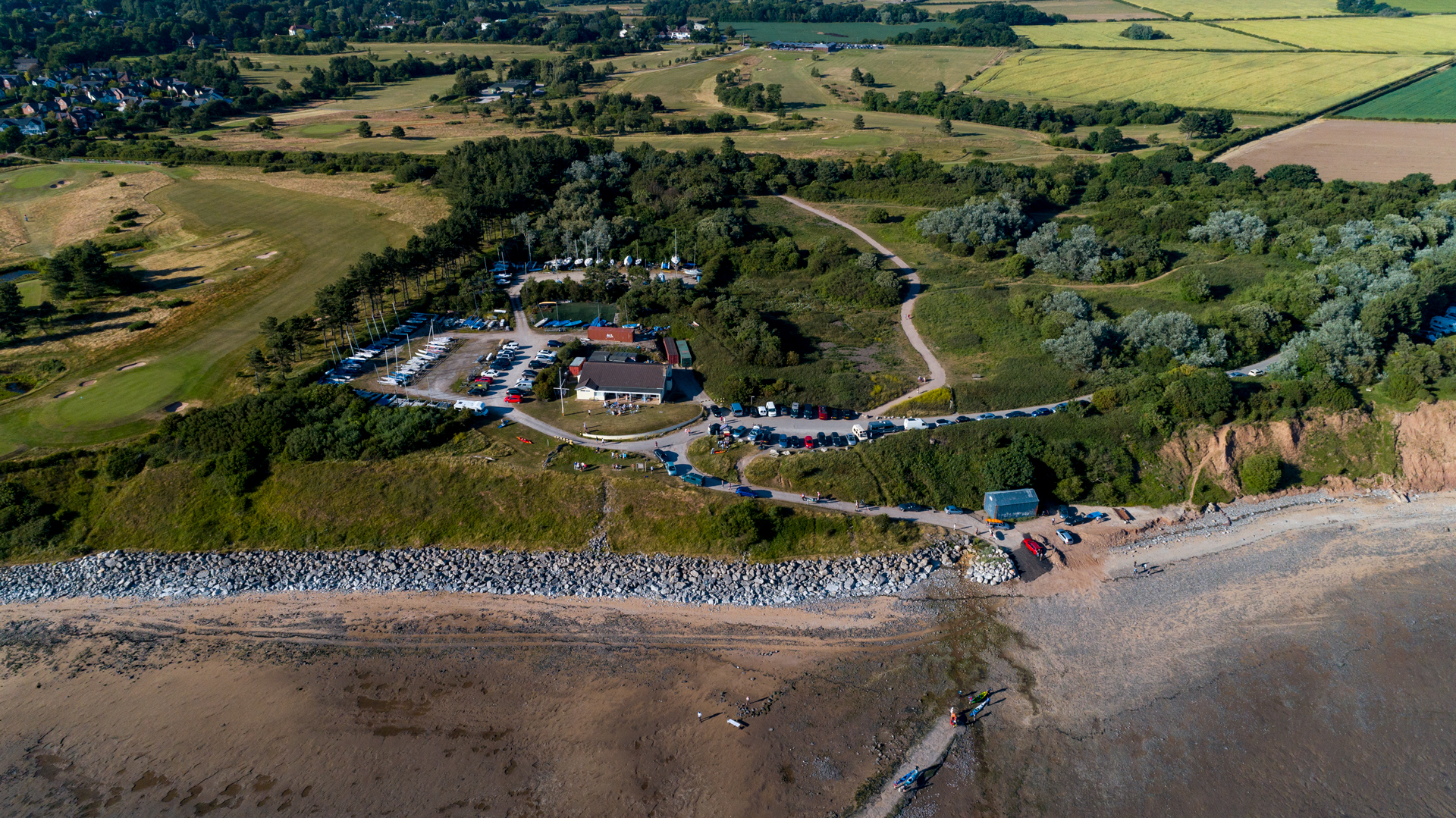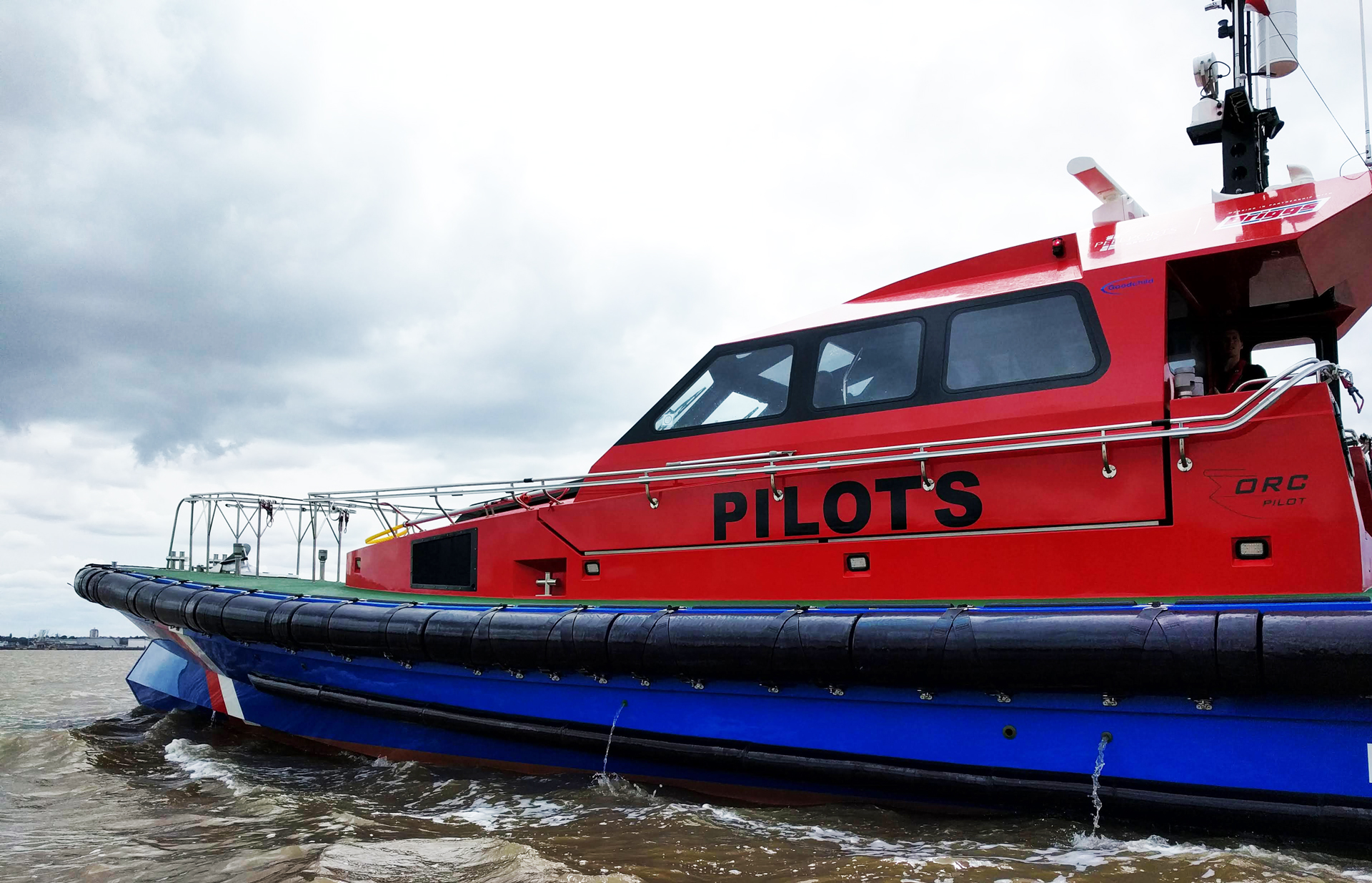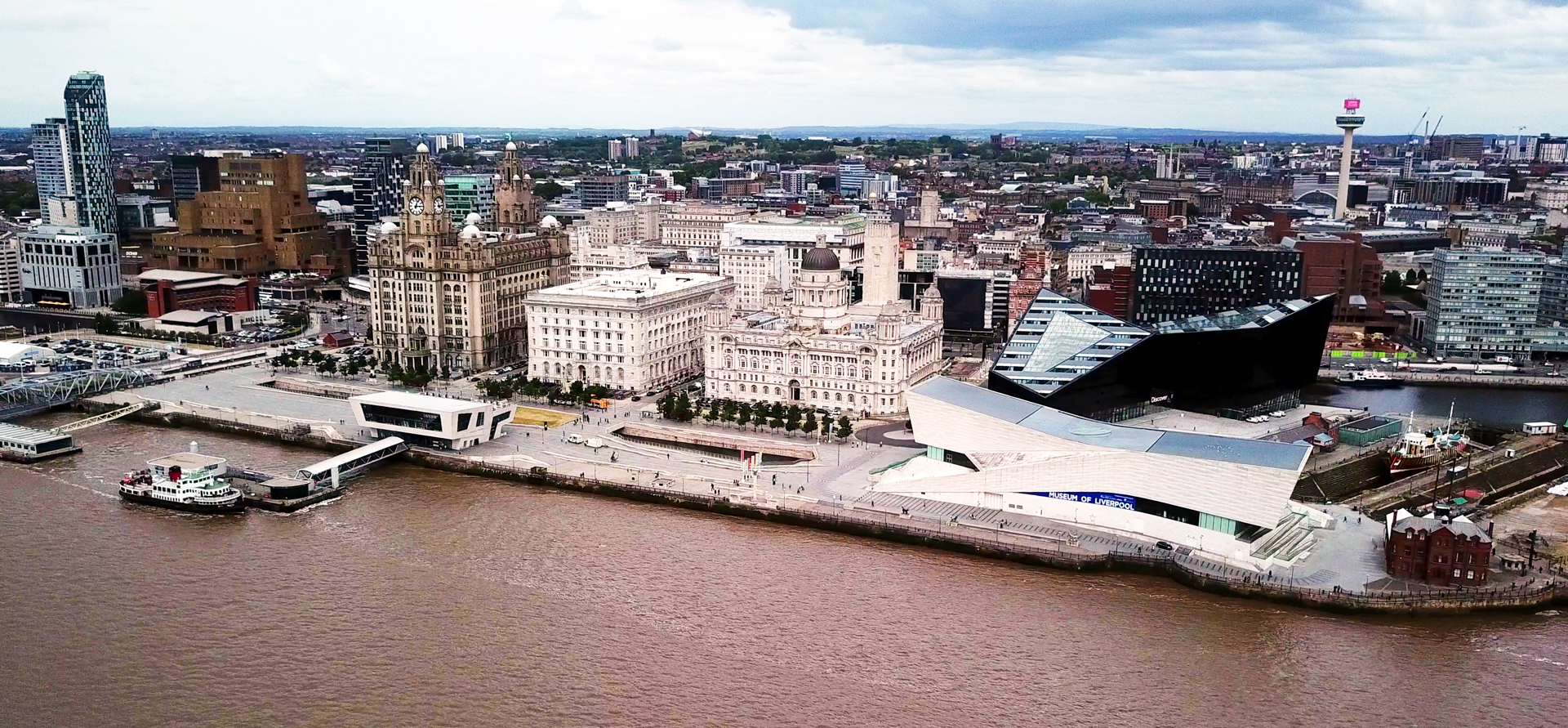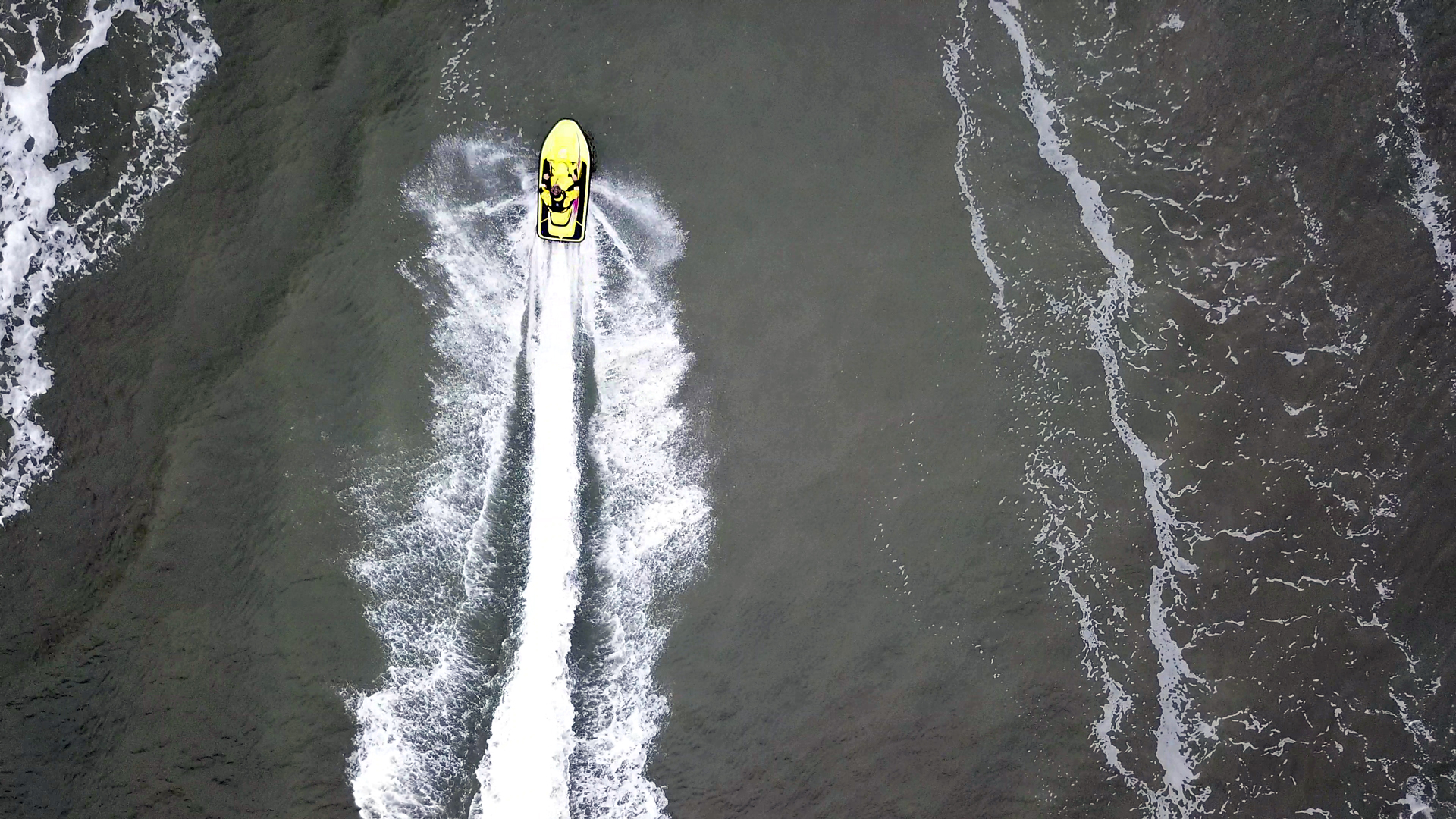This year the inspired Wirral Kayak Challenge saw perfect weather, calm waters and brilliant sunshine around the stunning Wirral Peninsula.
10 hours, 15 miles, 86 kayakers. See more stats from the day.
Drone Factor pilot Sam took to the waves aboard National Marine Safety boats to film the event from the air, capturing incredible footage of the participants in their boats as they broke a considerable sweat in the salty air.
Wirral Kayak Challenge 2018 Highlight Reel
Top achievement by fab, selfless individuals raising money for all sorts of charities, an obviously huge congratulations to everyone for completing such a challenging event in such hot conditions! 23 Degrees Celsius apparently as a peak, but when you’re miles from shelter, with water doubling the suns rays, it’s definitely a lot more.
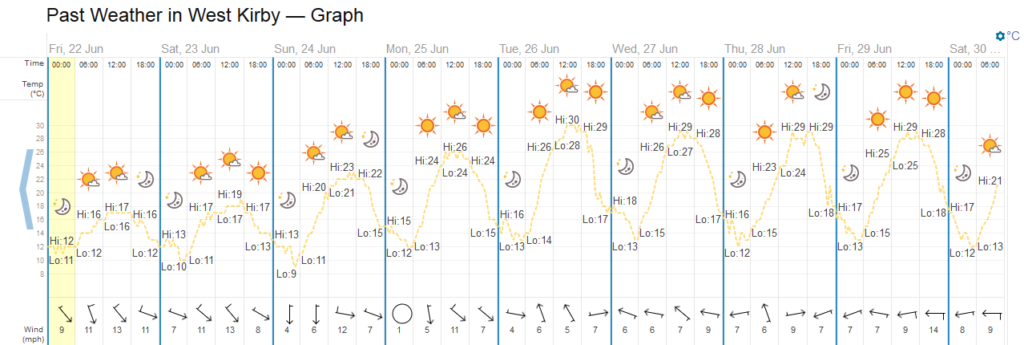
(screen grab from timeanddate.com)
Many thanks to National Marine for making this event safe and ultimately ticking the health and safety box – without their safety boats this would not have been viable.
A massive thank you to Mike, Gill and the Wirral Kayak Challenge Organising Team for putting so much time into the event to make sure everyone had a safe and successful day on the water.
A thank you also in order to Dee Sailing Club for receiving the weary travelers at the end of their challenge!
Zoomable version of the group photo!
(tap or hover your mouse over to zoom in)



